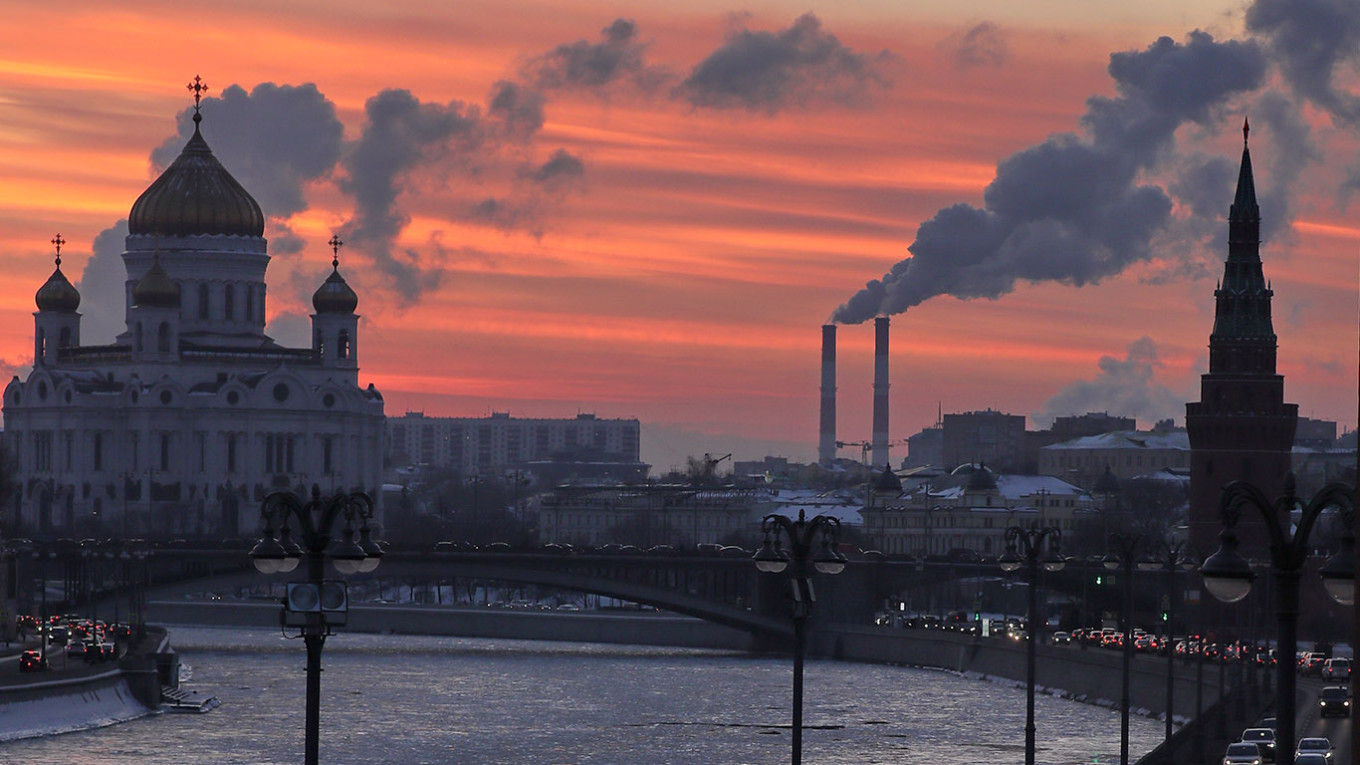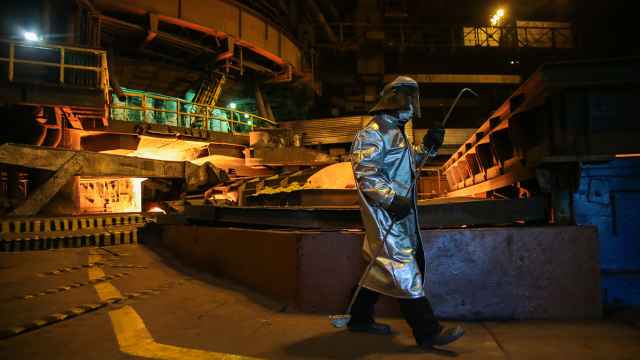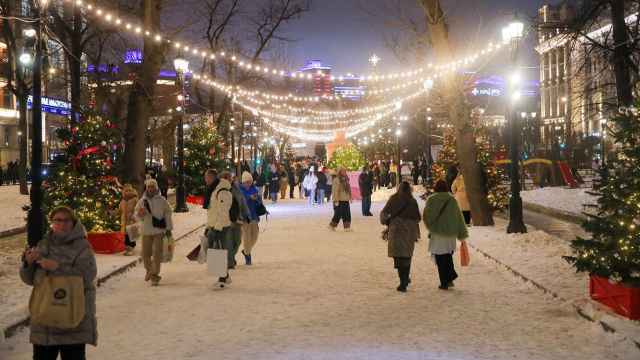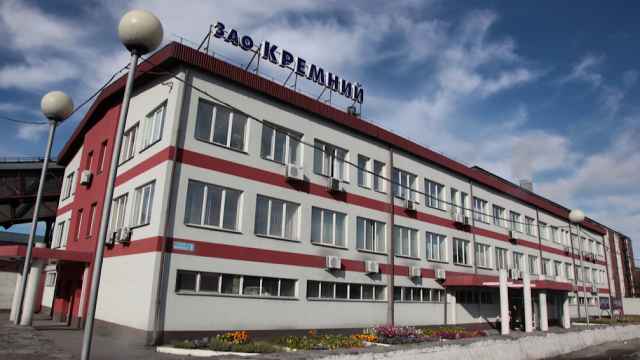Sentiment in Russia’s industrial sector fell to levels seen in the late 1990s in November, according to calculations by the Institute of Economic Forecasting of the Russian Academy of Sciences (INP RAS).
The index, tracked since 1993, has only fallen below its current level twice in the past quarter-century, during the 2008-09 global financial crisis and at the height of the Covid-19 pandemic.
November’s reading marks the weakest point since April 2020, when nationwide lockdowns froze much of the economy.
Industrial output rose 3% month-on-month in October after a sharp fall in September. But the year-to-date picture remains subdued, as production grew just 1% over the first 10 months of 2025.
Sales estimates have worsened, with 66% of firms saying demand was “below normal.” That is the highest share since 2009, when GDP contracted 7.9%. It also exceeds the lows of the pandemic and the 2016 downturn, resembling the early 2000s recovery period after Russia’s 1998 default.
Analysts warn that the industrial sector is stuck between stagnation and decline. Growth is concentrated in industries tied to defense procurement and civilian output has been shrinking throughout the year.
According to the Center for Strategic Research, production is falling in 16 of 24 major industrial categories, including several core segments.
The Center for Macroeconomic Analysis and Short-Term Forecasting (CMASF) says three-quarters of key product categories have registered declines this year.
Profitability is sliding as companies devote 39% of pre-tax profits to debt servicing, a burden comparable to the shocks of the pandemic and the first months of the full-scale invasion of Ukraine.
Firms report the same set of pressures: high borrowing costs, weak demand and a strong ruble.
The Industry and Trade Ministry has warned that wood-processing output could fall 20-30% over the next two years.
Metals and construction executives say state megaprojects are masking underlying weakness but are close to completion, with no clear successors.
“Our export opportunities are shrinking, and our competitiveness at home is declining,” steel giant Severstal’s main shareholder Alexei Mordashov said in late October, calling the situation “a consequence of the policy of slowing the economy that we are now seeing.”
The Center for Strategic Research now sees little chance of avoiding a recession, saying the slowdown is unfolding “faster and deeper” than anticipated.
High loan rates, rising taxes and stagnant growth are already shaping the outlook for 2026.
“We are at a turning point,” said Oleg Vyugin, a professor at Moscow's Higher School of Economics and former Central Bank deputy governor.
Extracting the tax revenues planned in the federal budget will be difficult in the current environment, forcing the government into political rather than economic choices, he said.
Oleg Buklemishev, head of the economic policy research center at Moscow State University, warned that the economy’s “immunity” has weakened significantly. The deterioration is likely to continue next year unless the Kremlin confronts the need for a strategic shift, he said.
“They haven’t fully recognized the choice they must make, but the warning signs are already there,” he said.
A Message from The Moscow Times:
Dear readers,
We are facing unprecedented challenges. Russia's Prosecutor General's Office has designated The Moscow Times as an "undesirable" organization, criminalizing our work and putting our staff at risk of prosecution. This follows our earlier unjust labeling as a "foreign agent."
These actions are direct attempts to silence independent journalism in Russia. The authorities claim our work "discredits the decisions of the Russian leadership." We see things differently: we strive to provide accurate, unbiased reporting on Russia.
We, the journalists of The Moscow Times, refuse to be silenced. But to continue our work, we need your help.
Your support, no matter how small, makes a world of difference. If you can, please support us monthly starting from just $2. It's quick to set up, and every contribution makes a significant impact.
By supporting The Moscow Times, you're defending open, independent journalism in the face of repression. Thank you for standing with us.
Remind me later.






